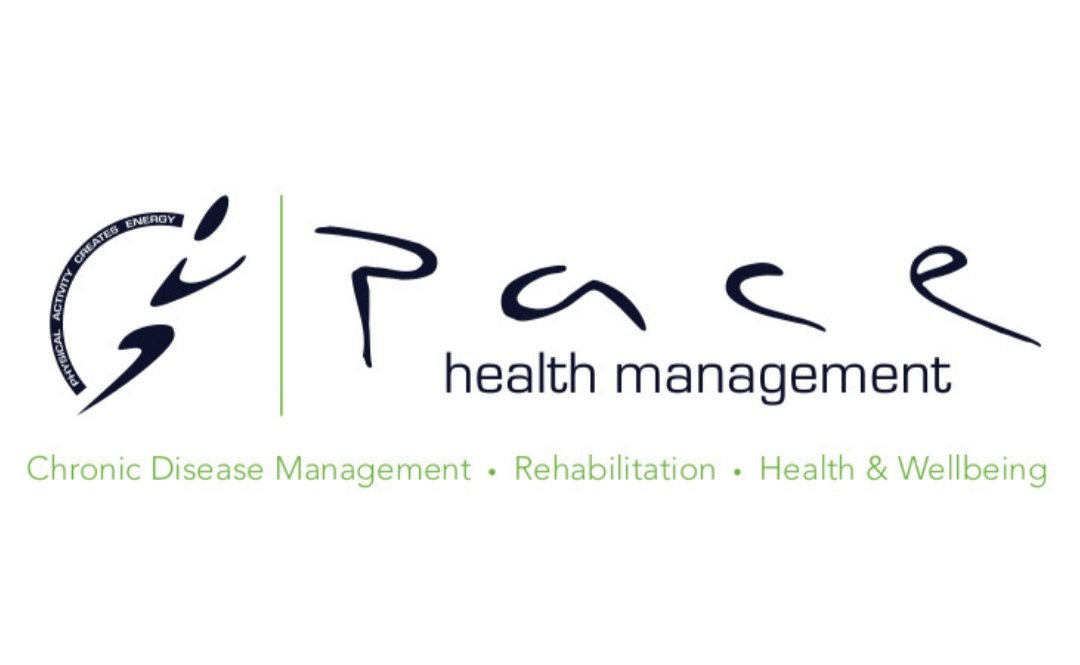Exercise for Pregnancy
Exercise is important for everyone and regular physical exercise can provide many social, health and fitness benefits during pregnancy.
If you are not experiencing any complications there is no reason why you cannot exercise whilst pregnant. It is important to seek guidance from your doctor and/or obstetrician to ensure that you do not have any complications that will harm you or your growing baby.
HOW IMPORTANT IS EXERCISE FOR PREGNANCY?
There are many reasons why you should exercise whilst pregnant including:
Fights fatigue
Improves sleep quality
Reduces constipation
Helps prevent and manage pregnancy related back pain
Improves your posture
Improves circulation
Stress relief
Guards against gestational diabetes
Can help with an easier labour
Speeds up postpartum recovery
Some important things to consider during exercise whilst pregnant:
– Hormonal changes may affect your mood
– Hormonal effects on the body as relaxin loosen your joints
– Structural changes – due to weight gain and an altering of your center of gravity
– Hydration requirements due to increase in blood flow
– Temperature regulation changes due to increased weight and blood flow.
WHAT IS THE RIGHT EXERCISE FOR YOU?
Some simple types of exercise which are appropriate for women who are pregnant:
Walking
Swimming
Specialised pilates/yoga
Stretching
General strength
Pelvic floor
What exercises should you avoid?
Contact sports
High impact activities
Competition sports/activities
Lying on your back after the 4th month of pregnancy
POSTNATAL EXERCISE
Along with many health and fitness benefits, postnatal exercise can hasten recovery, assist with muscle recovery and toning, and reduce stress and depression.
It is recommended that women can begin exercise six weeks after giving birth. It is beneficial to be screened and guided by an Accredited Exercise Physiologist before you undertake any physical activity to reduce risk of injury, herniation, or other pregnancy related complications.
Benefits of postnatal exercise:
Restore muscle strength
Increase energy levels
Increase cardiovascular strength
Increase abdominal muscle strength
Reduce post natal depression risks
Improve pelvic floor strength and minimise incontinence
HOW TO EXERCISE AFTER GIVING BIRTH
Remember to exercise at your own pace, and never push yourself to the extreme. Some good ways to get started are:
Walking
Slow jog – building to faster intervals
Stretching
Strength
Pelvic floor
Swimming
Pilates/Yoga
Things to consider with postnatal exercise:
Hormonal alterations, such as Relaxin, causing joints to loosen
Good bra support
Exercise without pain
Only progress intensity when pelvic floor and lower back integrity is optimal
Fatigue due to meeting the needs of the baby
Creating time to exercise
Note: It is perfectly safe to exercise and breastfeed. Ensure that your caloric intake and hydration levels are optimal. Intensity should be at a moderate level to prevent alteration of taste to the breast milk due to lactic acid accumulation.
References: www.betterhealth.vic.gov.au
Many thanks to Accredited Exercise Physiologist, Margaret Plag, for her assistance with the information on this page. To contact Margaret please click here.
